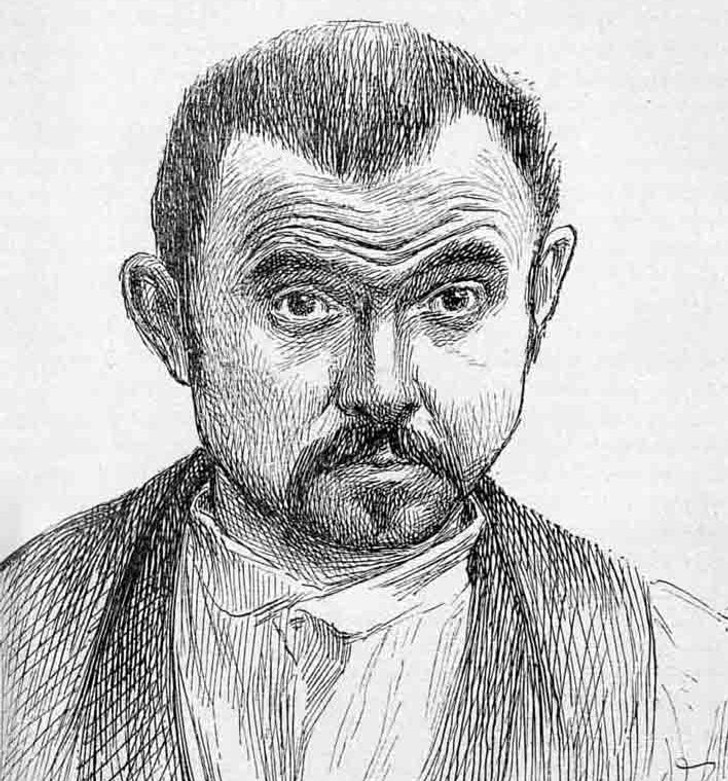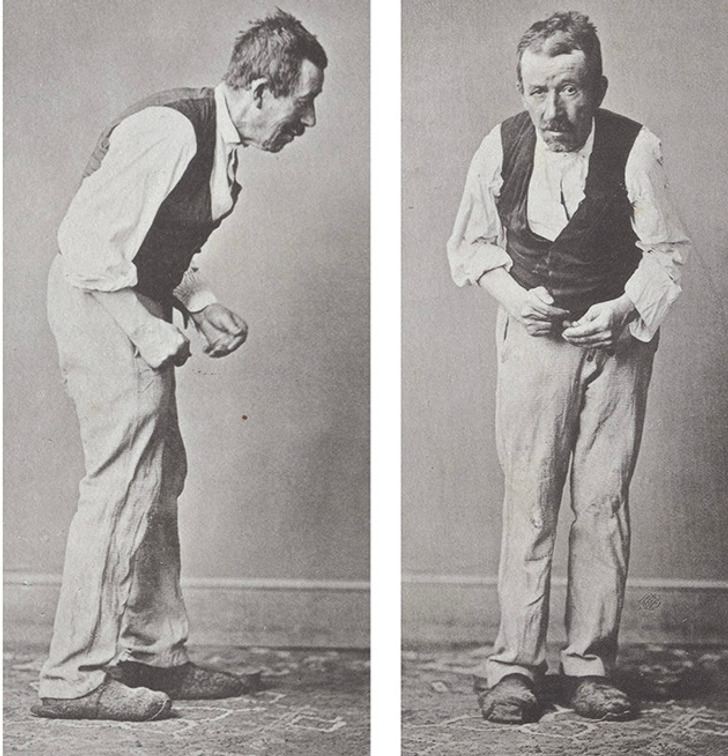My husband was diagnosed of Parkinsons disease 2 years ago, when he was 49. He had a stooped posture, tremors, right arm does not move and also a pulsating feeling in his body. He was placed on Senemet for 8 months and then Sifrol was introduced and replaced the Senemet, during this time span he was also diagnosed with dementia. He started having hallucinations, lost touch with reality. Suspecting it was the medication I took him off the Siferol (with the doctor’s knowledge) and started him on PD-5 natural herbal formula we ordered from AKNNI HERBAL CENTRE, his symptoms totally declined over a 3 weeks use of the AKANNI HERBAL Parkinson's disease natural herbal formula. He is now almost 51 and doing very well, the disease is totally reversed! (Visit w w w.aknniherbscentre .com)
8 Early Signs of Parkinson’s Disease You Might Be Overlooking
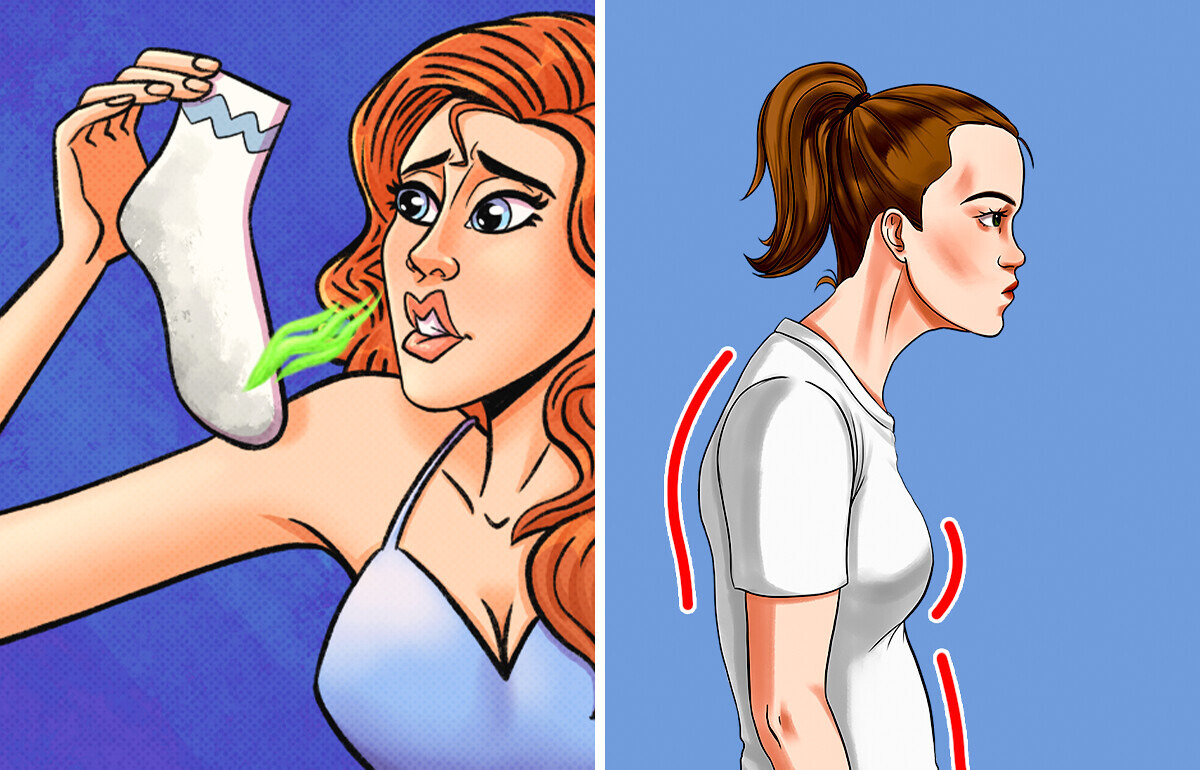
Parkinson’s disease is often misunderstood, and many of its early signs can be mistaken for normal aging or other health conditions. While many are familiar with the classic signs, such as tremors or rigid limbs, there are several more subtle and often overlooked early indicators. By recognizing the more subtle symptoms, you can seek early intervention and manage the disease more effectively.
CONTENT IS PROVIDED FOR INFORMATIONAL PURPOSES ONLY AND IS NOT INTENDED AS A SUBSTITUTE FOR MEDICAL ADVICE. SEEK GUIDANCE FROM YOUR DOCTOR REGARDING YOUR HEALTH AND MEDICAL CONDITIONS.
1. Drooling and difficulty swallowing:
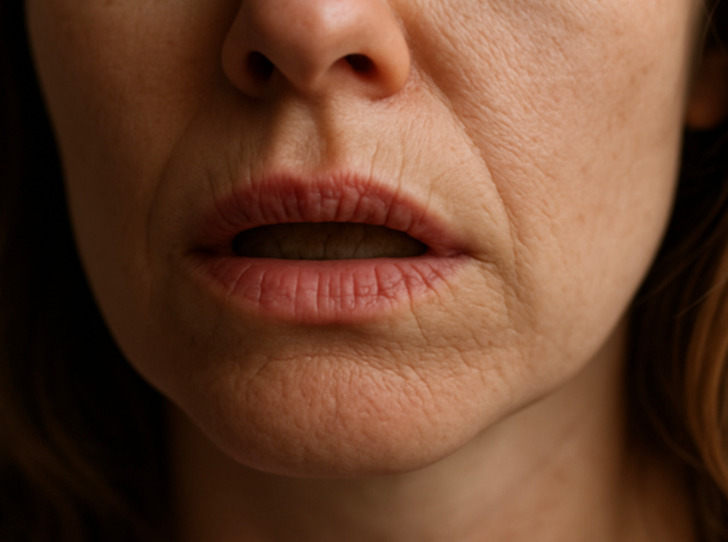
I was around 58 when my thumb started giving me problems. As time passed, I had other symptoms: hand tremors, restless sleep, muscle weakness, cognitive decline, voice spasms, and a stiff, achy right arm and ankle. At 60 I was diagnosed with PARKINSON’S DISEASE. I was on Carbidopa and Pramipexole for two years; they helped a lot but not for long. As the disease progressed, my symptoms worsened. With my neurologist's guidance, I started on PD-5 herbal formula from U.H.C. (Uinehealth Centre). The treatment worked very effectively; my severe symptoms, especially the tremors, simply vanished. I feel better now than I have ever felt, and I can feel my strength again. Visit or google Uinehealthcentre. net. My neurologist was very open when looking at alternative medicines and procedures; this PD-5 treatment is a breakthrough
2. Smaller handwriting

My husband was diagnosed of Parkinsons disease 2 years ago, when he was 49. He had a stooped posture, tremors, right arm does not move and also a pulsating feeling in his body. He was placed on Senemet for 8 months and then Sifrol was introduced and replaced the Senemet, during this time span he was also diagnosed with dementia. He started having hallucinations, lost touch with reality. Suspecting it was the medication I took him off the Siferol (with the doctor’s knowledge) and started him on PD-5 natural herbal formula we ordered from AKNNI HERBAL CENTRE, his symptoms totally declined over a 3 weeks use of the AKANNI HERBAL Parkinson's disease natural herbal formula. He is now almost 51 and doing very well, the disease is totally reversed! (Visit w w w.aknniherbscentre .com)
Parkinson’s disease affects movement control due to chemical changes in the brain, making tasks like writing more challenging. As a result, handwriting often becomes smaller and more cramped. This condition is known as Micrographia, which translates to “small handwriting.” The letters appear much smaller than usual, and words are squeezed tightly together.
3. Changes in facial expression
Parkinson’s disease reduces dopamine in the brain, which affects the facial muscles and limits the ability to express emotions. As a result, people may appear to have a blank or expressionless face, even when they’re feeling strong emotions. This condition, known as hypomimia, is often called the “Parkinson’s mask” or facial masking.
4. Stooping or postural changes
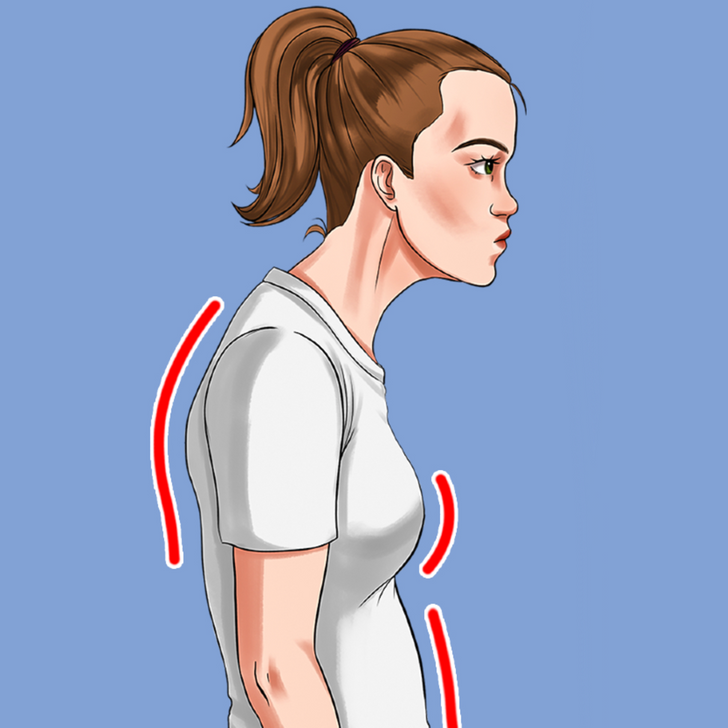
One of the more subtle early signs of Parkinson’s disease is a change in posture. People with the disease often begin to stoop, which can manifest as a slight forward lean or difficulty maintaining an upright posture. This can happen because PD impacts the brain’s ability to control automatic actions, which means people may no longer get the usual cues to stand up straight, leading to changes in their posture.
5. Tooth decay and gum problems
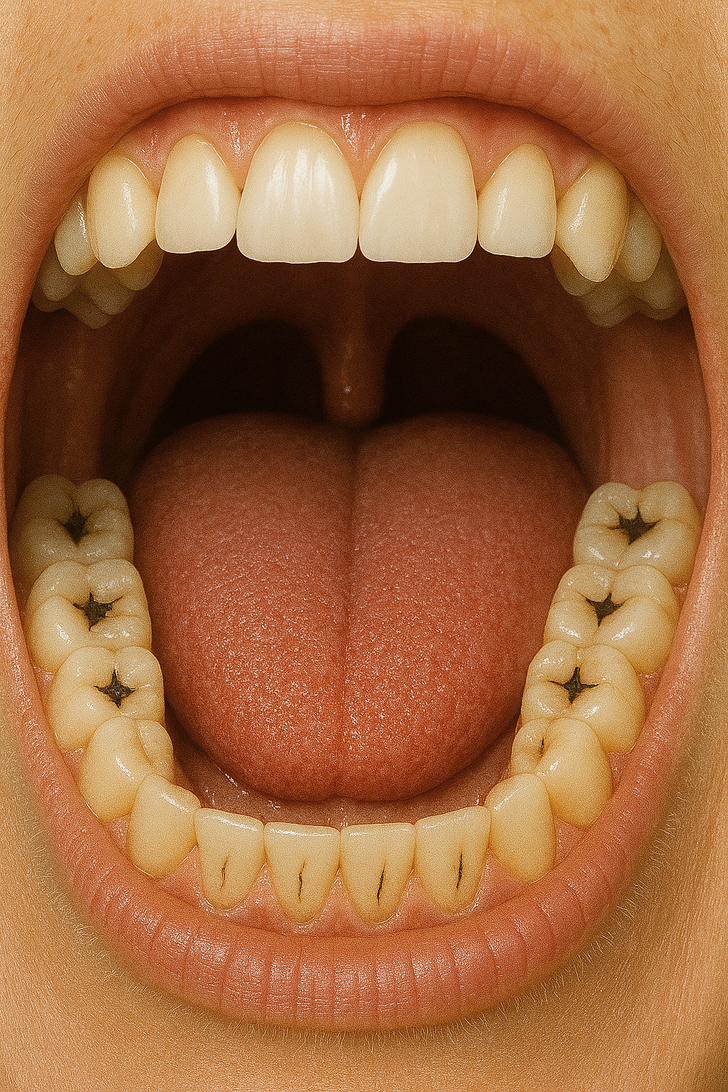
Many people with Parkinson’s disease suffer from tooth decay and gum issues. This can be linked to a reduction in saliva production, which affects the mouth’s ability to naturally clean itself. Additionally, the rigidity of facial muscles may make it harder to clean teeth effectively.
6. Reduced sense of smell
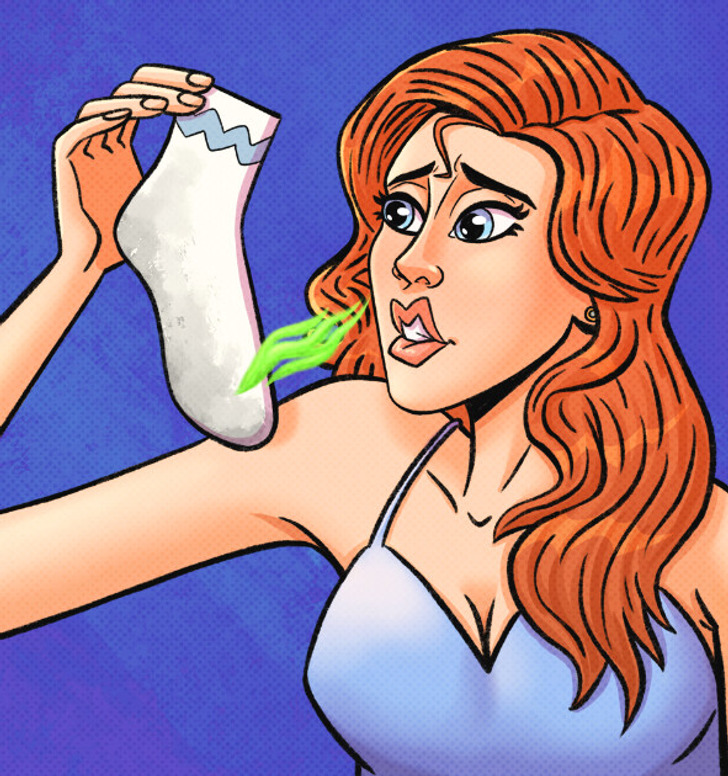
One of the lesser-known early signs of Parkinson’s disease is a diminished sense of smell. People with PD may notice that they can no longer detect certain odors or that their sense of smell has decreased over time. This is thought to be related to changes in the brain section that is responsible for our sense of smell. It can often appear several years before more visible symptoms like tremors develop.
7. A shuffling walk
Another early sign that is often overlooked is a change in walking pattern, known as a shuffling walk. People with Parkinson’s may notice that they begin to drag their feet or take shorter steps. This is often due to muscle stiffness and difficulty with balance. The shuffling gait can also be accompanied by a reduced arm swing while walking.
8. Speech changes
Subtle changes in speech can also be an early indication of Parkinson’s disease. This can include a softer or more monotone voice, as well as difficulty articulating words clearly. These changes occur due to the stiffness of the vocal cords and the loss of control over facial muscles, which are common in Parkinson’s.
Princess Catherine recently made a heartfelt public appearance that resonated deeply with those who have faced personal struggles. During her visit to the Wellbeing Garden at Colchester Hospital, she planted a rose in her honor—Catherine’s Rose. This marked her first public outing since canceling a visit to Royal Ascot, providing an emotional moment where the Princess revealed heartbreaking details about her cancer battle.
Comments
I was diagnosed 2 years ago at age 67. Symptoms were tremor in right leg, loss of handwriting ability,My normally beautiful cursive writing was now small cramped printing and soft voice. I also had difficulty rising from a seated position and have balance issues. I started out taking only Azilect, then Mirapex, and then Sinemet. Several months ago I started falling frequently, hence the reason for Sinemet. During the summer of 2021, I was introduced to Limitless Herbs Center and their effective PD-5 herbal protocol. This protocol relieved symptoms significantly, even better than the medications I was given. After First month on treatment, my tremors mysterious stopped, had improvement walking. After I completed the treatment, all symptoms were gone. I live a more productive life. I was fortunate to have the loving support of my husband and family. I make it a point to appreciate every day! Visit their website Llimitlesshealthcenter. com
Related Reads
12 Unexpected Acts of Kindness That Finally Forged Love in These Blended Families

I Refused to Babysit Under My DIL’s Rules—I’m Not “Learning” How to Be a Mom

I Refuse to Sacrifice My Social Life Just Because My Wife Is Tired of Being a Mom

15 Stories That Prove a Small Spark of Kindness Can Light Up a Fading Soul

My Daughter Refused to Support Me—Despite Everything I Had Given Her

MIL Invited Us to FIL’s Bday But Expected Me to Pay $100—I Refused

I Let My MIL Join Our Family Trip—And It Turned Into Chaos

12 Life Moments Where Quiet Kindness Played the Main Role

I Became a Mom, and My Friends Slowly Shut Me Out—I Didn’t Notice Until It Was Too Late

I Trusted My Stepdaughter With My Dog—What Went On Still Makes Me Shiver

12 Moments That Show Kindness Is the Strength That Survives Pain

13 Stories Where Kindness Was Literally Built In

